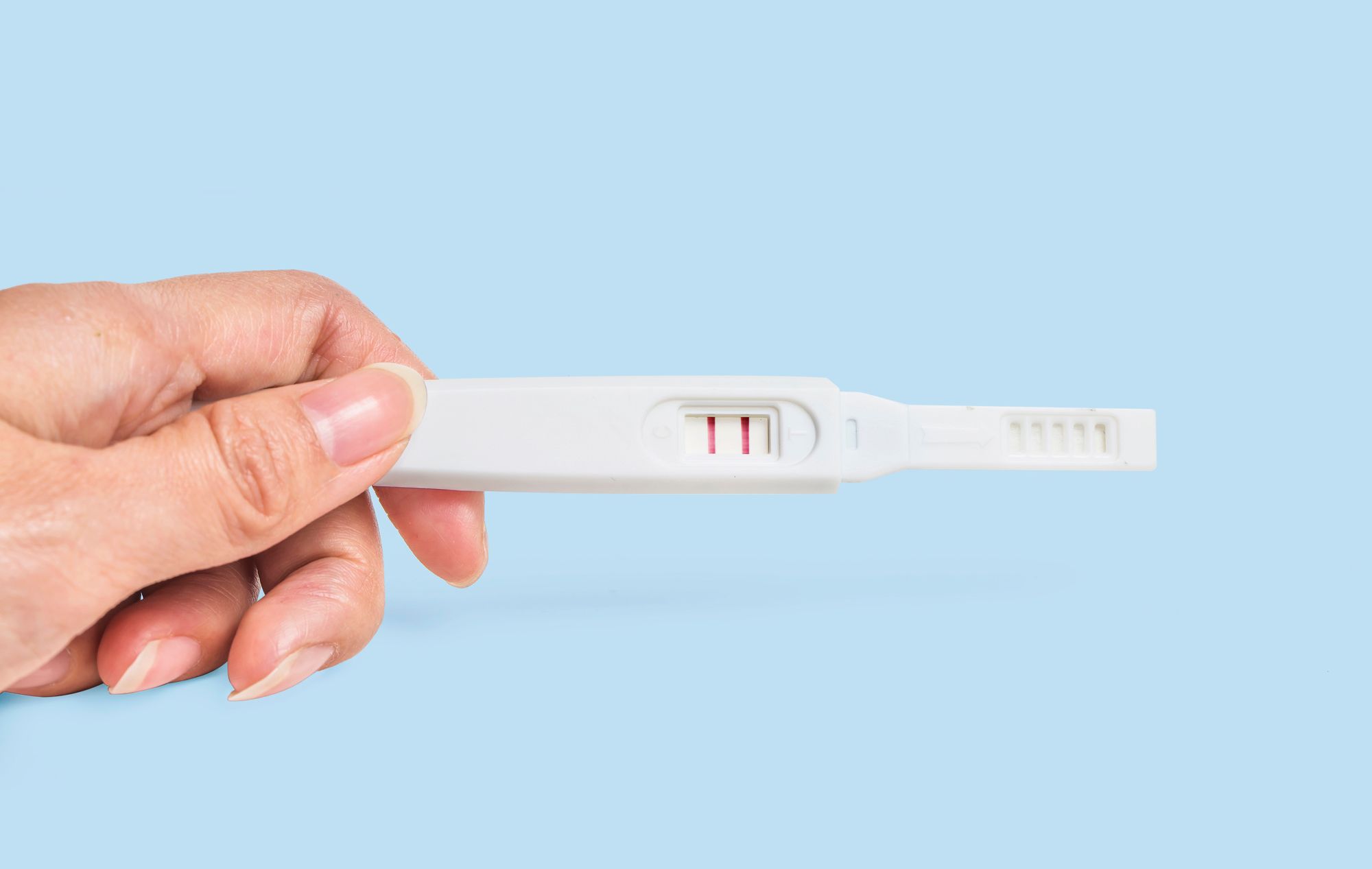ICSI Success Rates, Risks, and Benefits
Overview
ICSI is a form of IVF. With conventional IVF, at the Best IVF Center Mumbai, our doctor implants an egg and a large number of sperm on a laboratory plate. It is up to chance as to whether one of the sperm will enter the egg and fertilize it. Conception, sometimes referred to as fertilization, doesn’t happen if none of the sperm fertilize the egg.
Before a man’s sperm fertilizes a woman’s egg, the sperm’s head must be attached to the egg’s surface. Once attached, the sperm pushes through the egg’s outer layer to the inside (cytoplasm), where fertilization occurs.
For a variety of reasons, sperm cannot always reach the outer layer. The outer layer of the egg may be thick or difficult to penetrate, or the sperm may be unable to swim. In certain circumstances, intracytoplasmic sperm injection (ICSI) can be used in conjunction with in vitro fertilization (IVF) to help fertilize the egg. A single sperm is injected directly into the cytoplasm of the egg during ICSI.
ICSI Success Rates
ICSI encourages fertilization by directly injecting one sperm into one egg. However, fertilization is not assured with ICSI.
Although ICSI is incredibly efficient at promoting fertilization, it’s crucial to keep in mind that this is only one step in the IVF process. The success rate of the total IVF procedure continues to be correlated with the success rate of pregnancy and live birth.
While many might believe that injecting the sperm right into the egg would guarantee a success rate of 100 percent, this isn’t the case. ICSI treatment results in successful fertilization in between 50 and 80 percent of instances, which is unquestionably very effective. The successful implantation of the transferred embryo into the uterine lining following IVF treatment is all that remains.
Read more about Intracytoplasmic Sperm Injection (ICSI) Procedure at The Best IVF Center in Mumbai
Risks Of ICSI
ICSI is a method that is generally thought to have fewer risks according to our experts at the best IVF Hospital in Mumbai. ICSI does, however, have some risks and drawbacks of its own, as does every part of medicine. The male partner is not at risk from the operation after the sperm has been obtained. The only dangers are minimal and relate to sperm retrieval techniques. ICSI risk factors include, among others:
Multiple pregnancy
Twin pregnancies and triplet pregnancies are both increased by 30–35% and 5%–10% respectively for couples who combine ICSI with IVF. The likelihood of various difficulties during pregnancy and childbirth, such as high blood pressure, gestational diabetes, low amniotic fluid levels, early labor, or the necessity for a cesarean section, increases when the mother is carrying multiple.
Embryo damage
Not all fertilized eggs result in healthy embryonic development. During the ICSI procedure, some eggs and embryos may sustain damage.
Birth defects
With a typical pregnancy, there is a 1.5%–3% risk of a serious birth defect. ICSI treatment marginally increases the incidence of birth abnormalities, however, they are still uncommon. Angelman syndrome, Beckwith-Wiedemann syndrome, sex chromosomal abnormalities, and hypospadias are a few congenital disorders linked to ICSI. A male offspring’s chance of experiencing reproductive problems also marginally rises. There is a chance that infertility could be passed genetically.
It is because of these additional risks the doctors at our IVF Center in Mumbai may not recommend the use of ICSI with every IVF cycle.
Benefits of ICSI
Couples who have suffered from infertility may benefit from ICSI, particularly when male factors are involved. An improved fertilization rate via ICSI during IVF can increase the number of fertilized eggs available for transfer or freezing. ICSI can also improve your chances of successful fertilization during regular insemination (like IUI) for couples dealing with male factor infertility.
Here are a few intended fathers who are male and who we believe would benefit from ICSI when combined with IVF:
- Very low sperm counts in men
- Men with sperm motility problems.
- Men experiencing issues with sperm development.
- Men with obstructions that hinder the ejaculation of sperm (such as a vasectomy).
- Those who want to obtain the healthiest embryos possible from a single egg retrieval.
Best IVF Hospital in Mumbai
Male or female partners might be the cause of infertility, which is a complex condition. In addition to intracytoplasmic sperm injection (ICSI) and in vitro fertilization (IVF), fortunately, there are other fertility treatments available at Dr L H Hiranandani Hospital’s Best IVF Center Mumbai that can assist couples in realizing their desire of becoming parents.
Contact us if you have any inquiries regarding intracytoplasmic sperm injection or would like to discover more about additional advanced fertility treatment choices. If you have any inquiries about beginning your parenthood journey, our staff will be pleased to answer them.






There are no comments